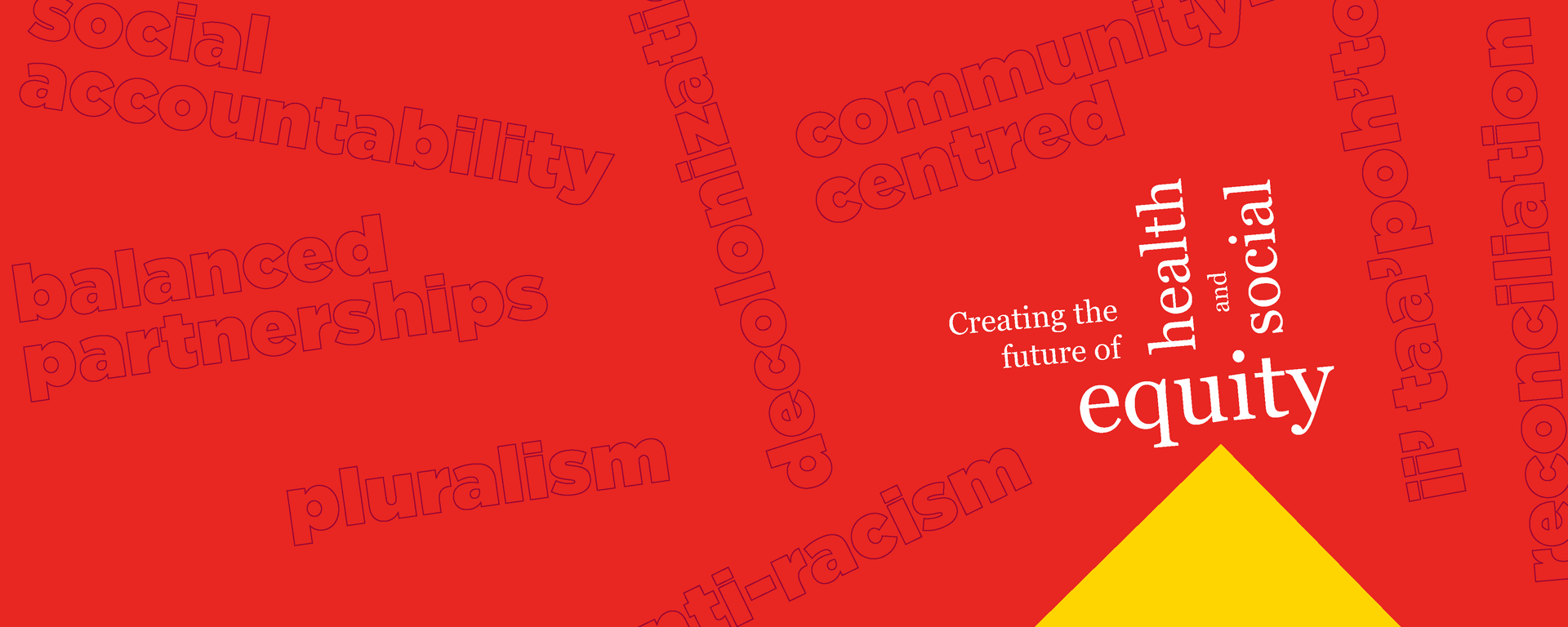The opinions and views expressed in these resources may not be wholly the opinions shared by the entire Indigenous, Local and Global Health Office team and are meant to be resources to increase awareness in the research journey.
Joseph, R. P. (2018). 21 Things you may not know about the Indian act. Page Two Books.
King, T. (2017). The inconvenient Indian illustrated: A curious account of native people in North America. Doubleday Canada.
Vowel, C. (2016). Indigenous writes: A guide to First Nations, Métis, and Inuit issues in Canada. Portage & Main Press.
Archibald, J. A. (2008). Indigenous storywork: Educating the heart, mind, body, and spirit. UBC press.
George, L., & Tauri, J. (Eds.). (2020). Indigenous Research Ethics: Claiming Research Sovereignty Beyond Deficit and the Colonial Legacy. Emerald Publishing Limited.
Goulet, L. M., & Goulet, K. N. (2014). Teaching each other: Nehinuw concepts and Indigenous pedagogies. UBC press.
Kimmerer, R. W. (2013). Braiding sweetgrass: Indigenous wisdom, scientific knowledge and the teachings of plants. Milkweed Editions.
Kovach, M. (2021). Indigenous methodologies: Characteristics, conversations, and contexts. University of Toronto press.
Ross, R. (2014). Indigenous healing: Exploring traditional paths. Penguin Canada.
Shotton, H. J., & Minthorn, R. S. (2018). Reclaiming Indigenous research in higher education. Rutgers University Press.
Smith, L. T. (2019). Decolonizing research: Indigenous storywork as methodology. Bloomsbury Publishing.
Smith, L. T. (2021). Decolonizing methodologies: Research and indigenous peoples. Zed Books Ltd.
Van Styvendale, N., McDougall, J. D., Henry, R., & Innes, R. A. (Eds.). (2021). The Arts of Indigenous Health and Well-being. Univ. of Manitoba Press.
Vowel, C. (2016). Indigenous writes: A guide to First Nations, Métis, and Inuit issues in Canada. Portage & Main Press.
Wilson, S. (2008). Research is ceremony. Indigenous research methods. Winnipeg: Fernwood.
Windchief, S., & San Pedro, T. (Eds.). (2019). Applying Indigenous research methods: Storying with peoples and communities. Routledge.
Cumming School of Medicine Indigenous Health Dialogue (IHD)
IHD Recommendations for a Path Forward
IHD Critical Reflective Framework
Cultural Teachings - Elders' Wisdom Series and Elders' Teaching Series
Cultural Protocol - land acknowledgement, engaging with a Traditional Knowledge Keeper, procedures for cultural requests, offerings and honoraria and more
If you still have questions regarding cultural education and protocol, please email Elissa Twoyoungmen, Indigenous Cultural Engagement and Protocol Specialist, UCalgary.
Research Staff - employment summaries
Compensation - graduate assistant research appointments
Hiring Graduate Assistants - offer letters, performance review, duties form, hourly calculator, appointment and job codes
The Association of Faculties of Medicine of Canada, Joint Commitment to Action on Indigenous Health
The Association of Faculties of Medicine of Canada Indigenous Health Priorities
Truth and Reconciliation Commission – Calls to Action
Aboriginal Cultural Practices: A Guide for Physicians and Allied Health Care Professionals
Cultural Safety and Nursing Education in Aotearoa and Te Waipounamu
Continuing Care in Indigenous Communities: GUIDEBOOK
Indigenous Health Commitments: Roadmap to Wellness (Alberta Health Services)
National Aboriginal Health Organization Fact Sheet: Cultural Safety

